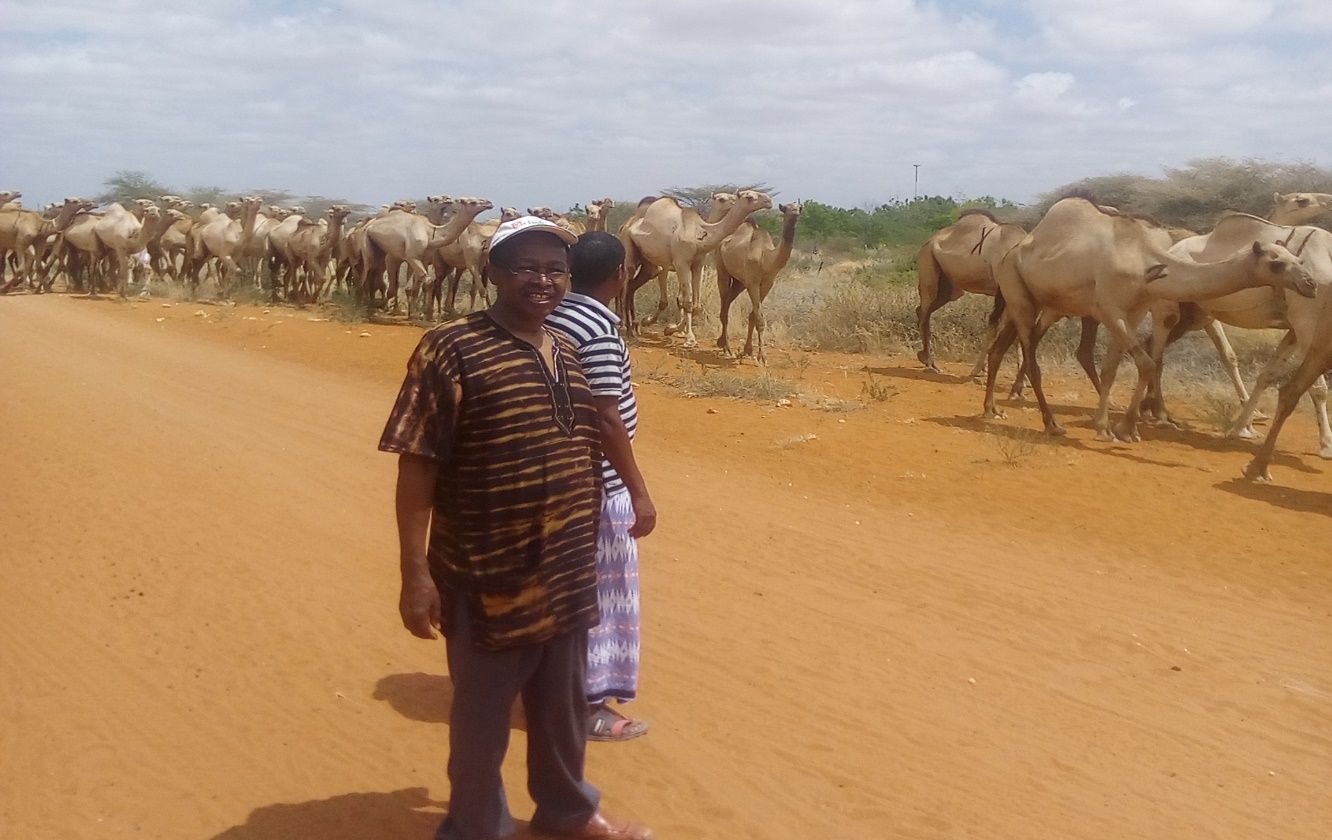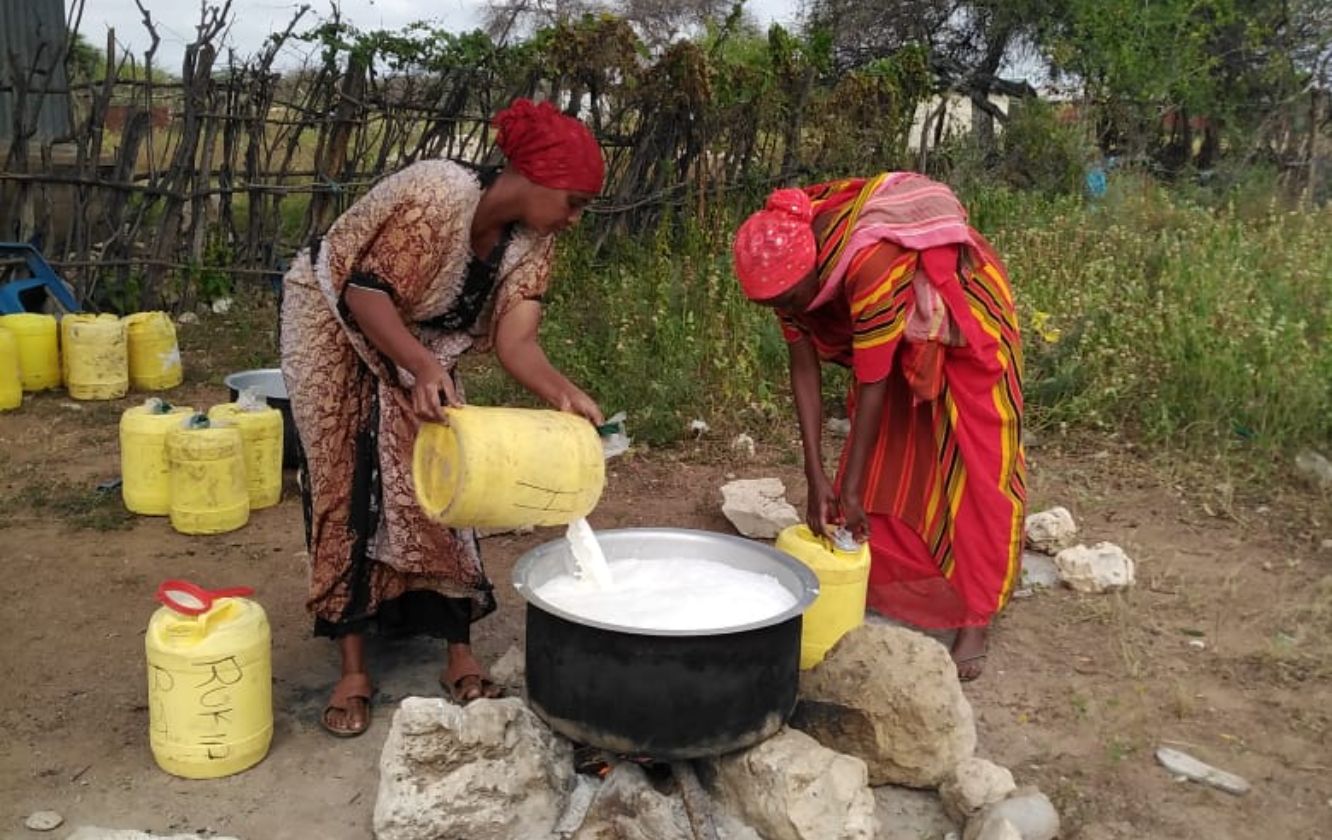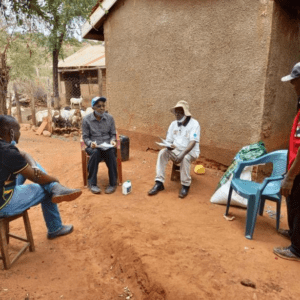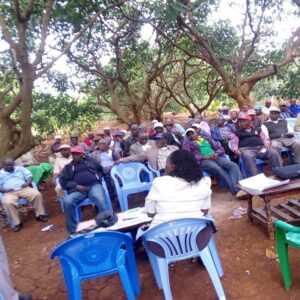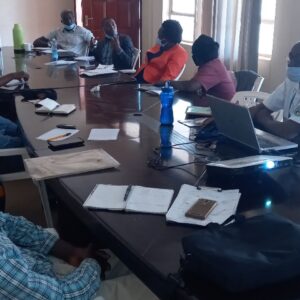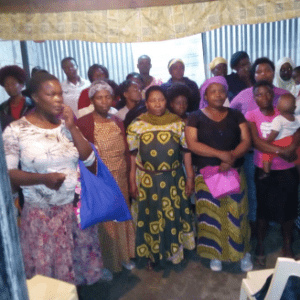Makueni Dorper Project Nkubu Icons Investment Ltd has leased a...
Read More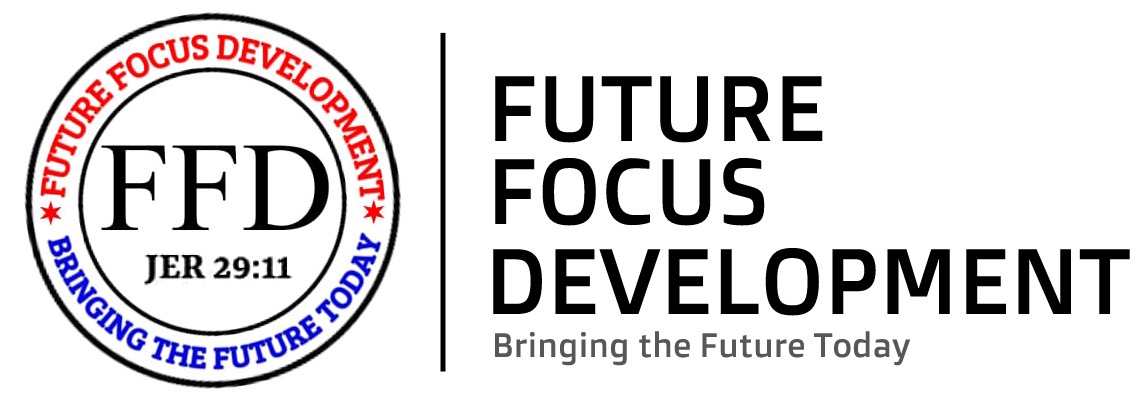
Future Focus Development
We help marginalized communities enhance their institutional, technical and financial capacity, and market linkages.
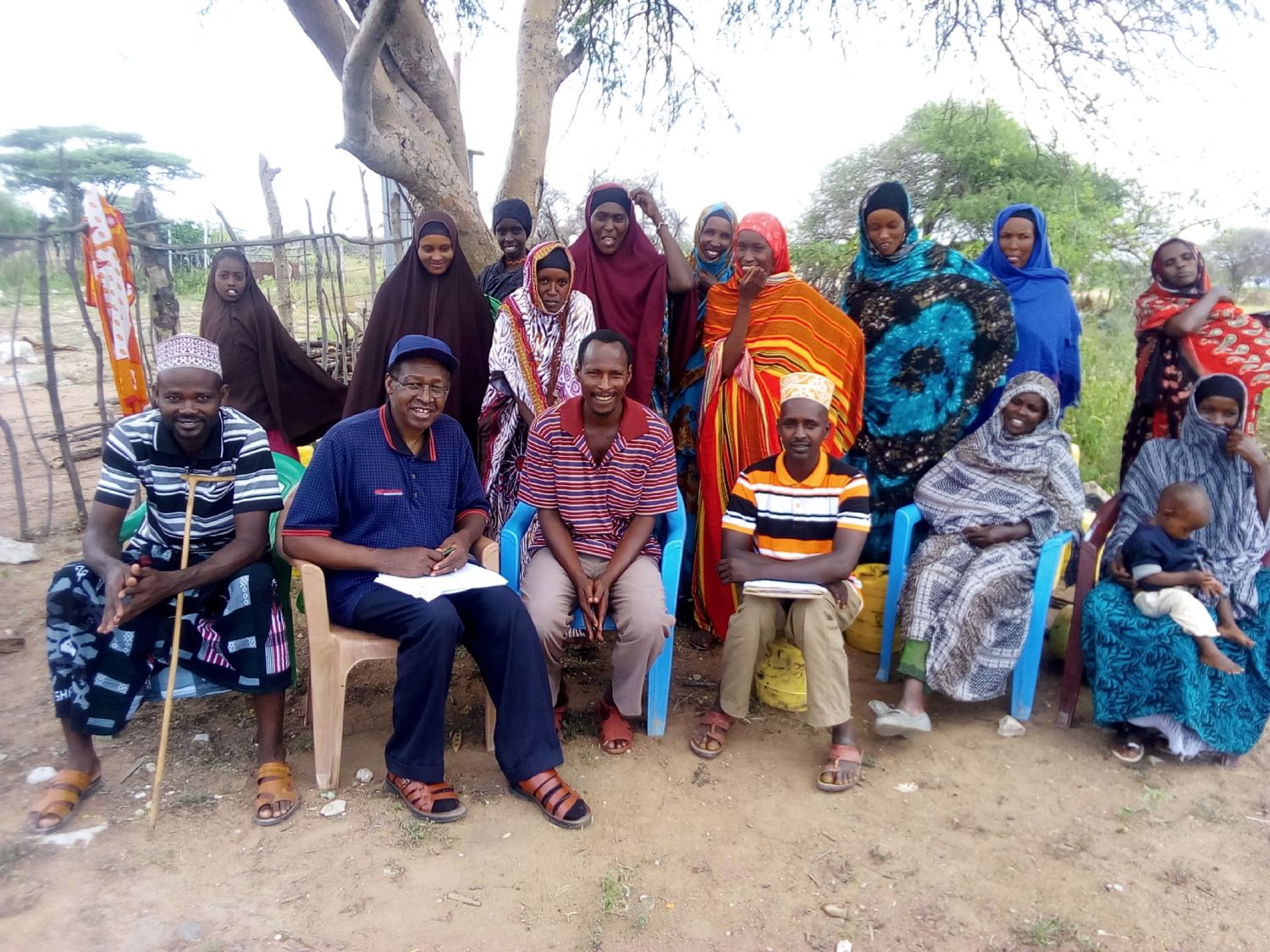
Isiolo County is one of the 47 counties in Kenya located in the North Eastern region of the country. Kenya’s camel population stands at of 2,970,911 and according to the information received by the consultant from the LMS office in Isiolo, camel milk is considered the County’s “white gold” since majority of the households in the County depends on the camel for their food security during the droughts, incomes and livelihoods. Most of Isiolo County’s camels are concentrated in three main administrative wards, viz. Isiolo, Merti and Garba Tulla.
The Kenya Livestock Market Systems (LMS) Activity is USAID funded in 5 Kenyan ASAL Counties {Viz Garissa, Wajir, Isiolo, Marsabit and Turkana}. It seeks to strengthen people’s resilience in Northern Kenya and reduce poverty, hunger and undernutrition. This will be achieved through ‘expanding and diversifying viable economic opportunities’ and ‘strengthening the community capacities for resilience and growth’
The applicants are 48 (42F, 6M) members from three women milk marketing groups. These are Adhesi Self Help Group, Kulamawe dairy women group and Kinna women group, all from Garba Tulla ward. These business groups have been in the camel milk business for close to ten years. They have faced challenges such as milk wastage as a result of poor milk handling, spoilage due to use of plastic containers that are difficult to clean, exploitation by milk brokers, poor milk prices, lack of a united voice by farmers to lobby and advocate for better milk prices among others. Our objective is to come together and form a dairy marketing cooperative that plans to add value to our milk by pasteurizing it at Classic Foods Ltd and other processors and making part of it into yoghurt (on pilot basis). As such, our business will take a cooperative model. The cooperative will be run by a board of management (7 members) and also a supervisory board (3 members-one from each group). Women, men and youth will be represented at all leadership positions.
These value added quality products will be sold to camel milk holding ground in bulk from the mini-dairy plant over 90 km away. We plan to transport our products in bulk by imported special refrigerated aluminium milk cans (with an insulator) in order to control microbial multiplications. Specifically two business partners have shown interest in procuring our pasteurized camel milk. One is Classic foods Ltd in Isiolo who is currently expanding his capacity to also handle cow and goats milk. The other partner is a camel milk processor in Nanyuki. Ngamia Milk suppliers. These partners willing to enter into an agreement with us on condition that they are assured of quality. Other potential buyers are Anolei, Afro Natural and Tawakal in Isiolo. However, other willing buyers will be free to purchase our products from our Kulamawe mini-dairy plant should this be the agreement. We project that we will also target other markets in Isiolo town by supplying to boda boda youth operators and businesspersons who will make supplies to their already established customer base such as institutions and individual customers. We will in the long run target other possible market outlets in Nairobi and other towns in the country. To achieve our dream we propose to mobilize resources and carry out some of the following activities: drilling a borehole and install a solar system, put up a mini dairy plant at Kulamawe Centre, install a cooler and refrigeration and pasteurizing equipment, purchase mezzican food grade calibrated plastic milk containers and yoghurt making.
In this project, we plan to collaborate with another local development partner in Isiolo, Lay Volunteers International Association (LVIA) from Italy, and ACDI/VOCA for financial assistance. LVIA however, has received some funding from DFID.
The total project budget is kshs12, 745,000M. We request ACDI/VOCA to contribute a total of kshs6, 865,000M while LVIA and the community (cooperative members from the 3 SHGs) will meet the project balance of kshs5, 880,000M. This money will go towards the establishment of a mini dairy plant including installation of solar panels, purchase of milk equipment that includes, batch pasteurizer, cooler tanks, solar invertors, Milk pumps, Milk analysers, refrigerators and 200 Milk Mezzi cans.
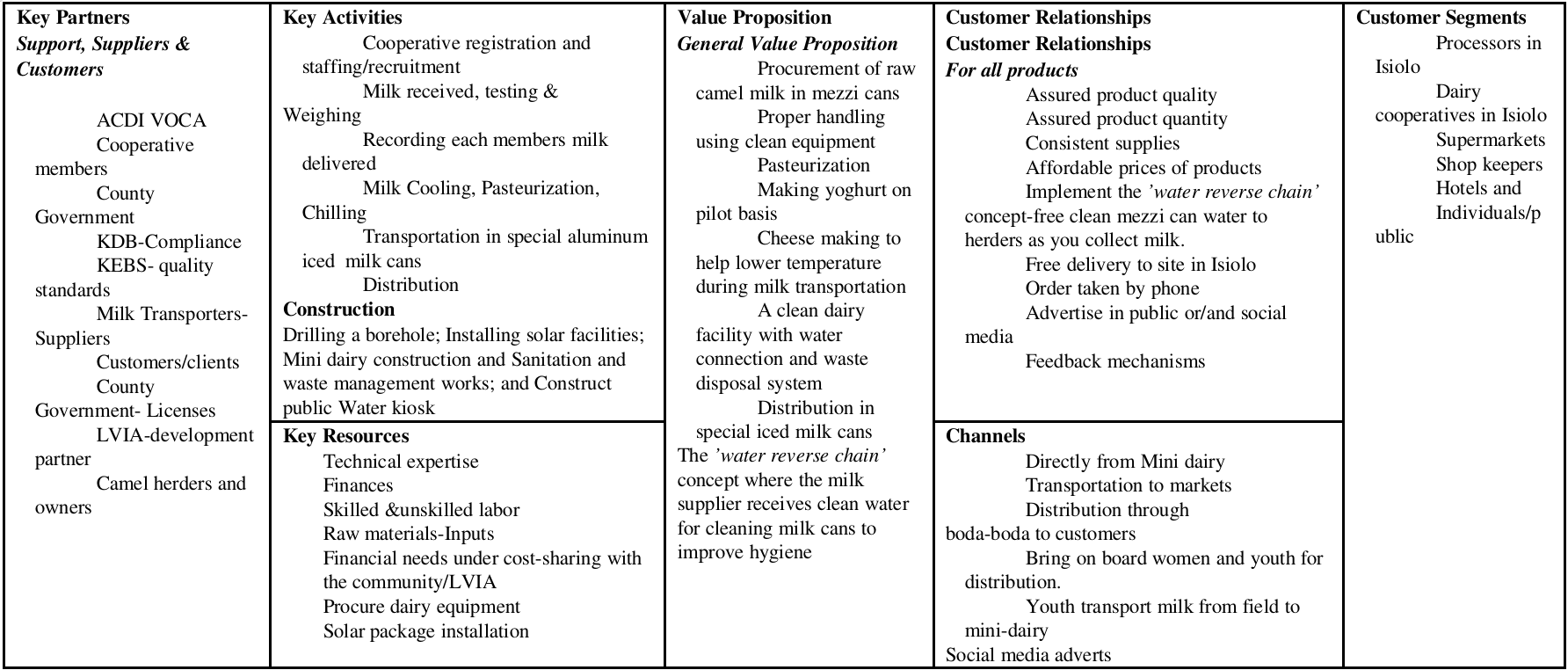
Business Model Canvas

annex 1: isiolo camel milk market system map
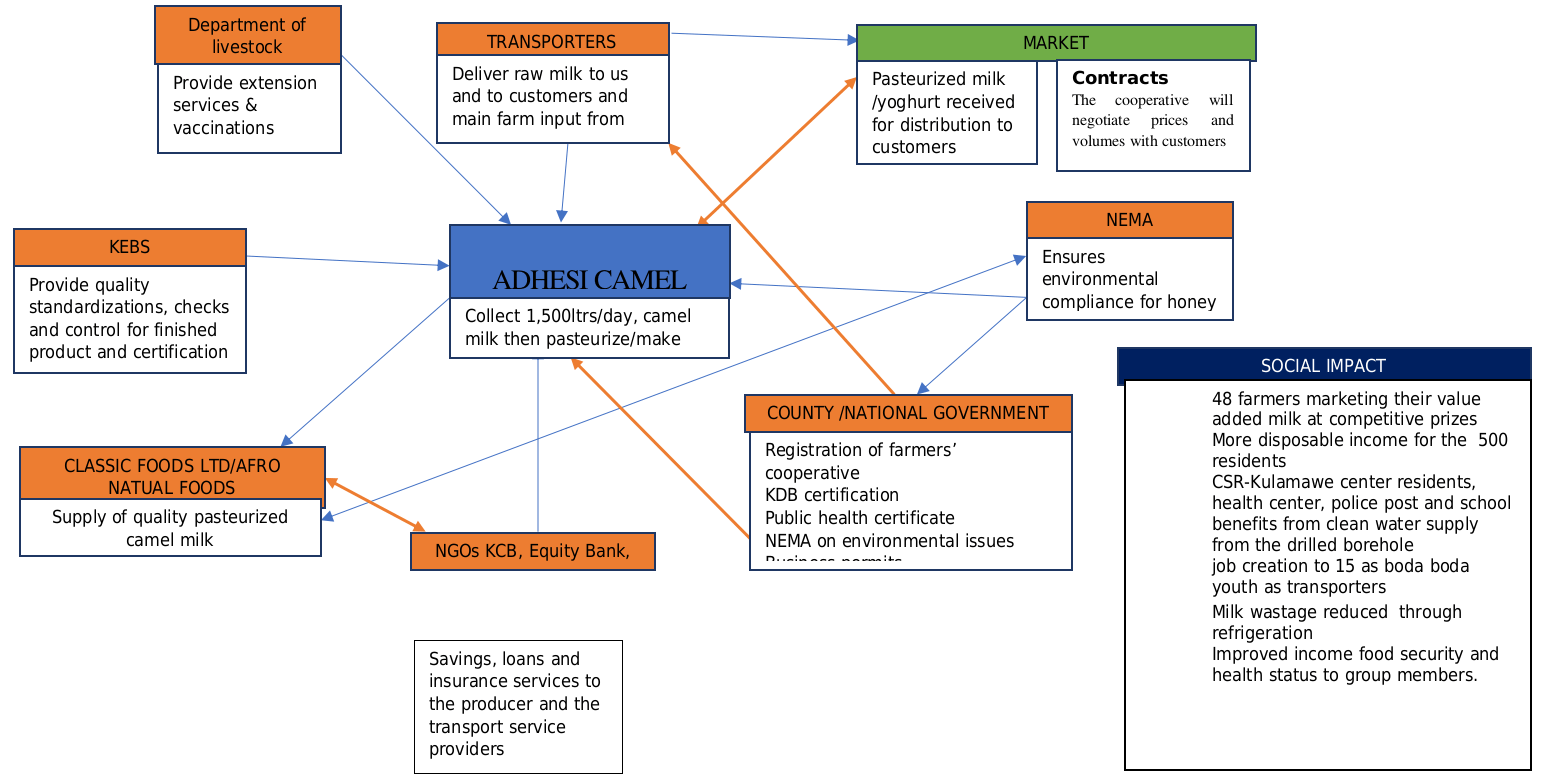
Irigiro Organic Avocado Group
Irigiro Organic Avocado Group Background Irigiro Mofarm organic fresh avocado...
Read MoreFFD Transnzoia County Dairy Value Chain NARIGP Project Report
FFD Transnzoia County Dairy Value Chain NARIGP Project Report https://www.youtube.com/watch?v=xeT87O5NEL4&authuser=1...
Read MoreWezesha Jamii Women Empowerment Project in Nairobi
Wezesha Jamii Women Empowerment Project in Nairobi SITE Wezesha Jamii...
Read More